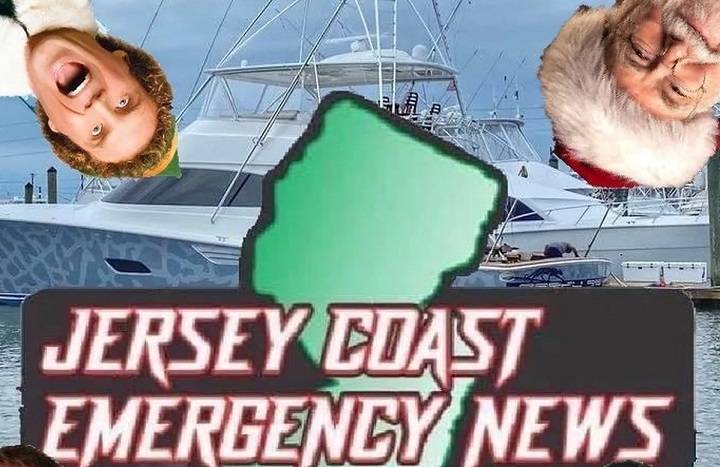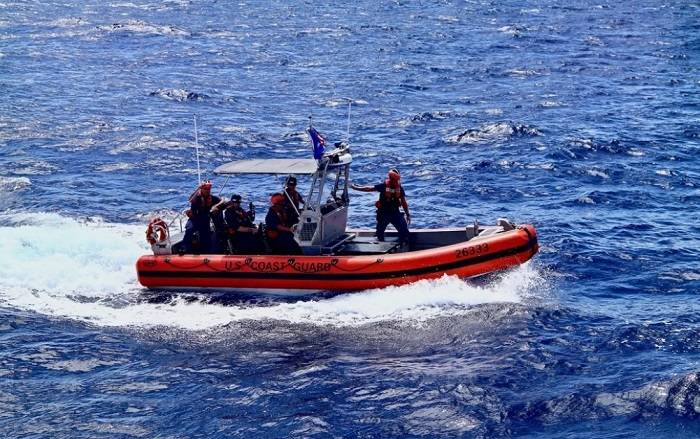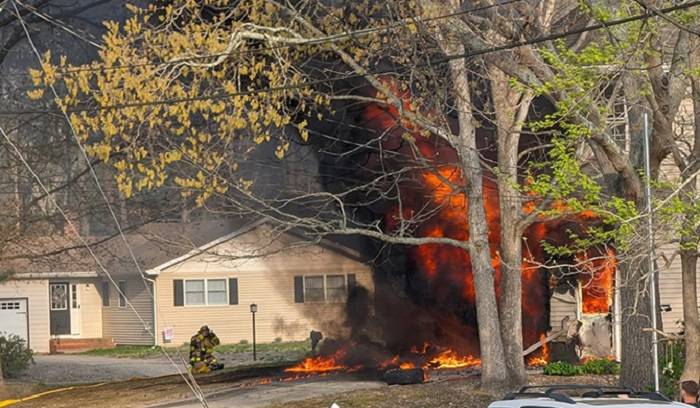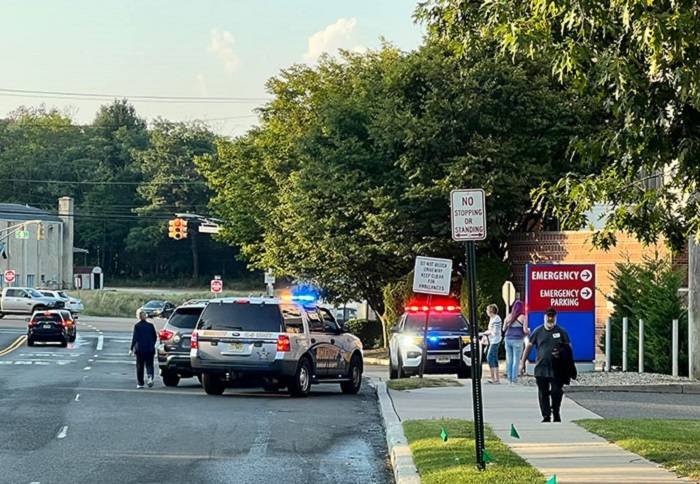
Jersey: Up-to-the-Minute Emergency News 2025 for New Jersey’s Shore Communities
When sirens wail, storms form, and breaking news breaks on the Jersey Coast, citizens know to turn to Jersey Coast Emergency News. By 2025, it’s no longer a Facebook site or online outlet. It’s an emergency lifeline to citizens from Sandy Hook to Cape May, giving blow-by-blow accounts of emergencies, weather, road closures, police incidents, and local alerts.
What began as a neighborhood project to keep neighbors informed has turned into one of the New Jersey coast’s most-read and most-respected live news sources. Read by its devoted fans and known for being accurate, Jersey Coast Emergency News (JCEN) is now an every-day part of everyone’s life, from locals and visitors alike to emergency response teams.
This article will explore the origins, functions, and impact of Jersey Coast Emergency News in 2025—though in the context of the significant events it has covered, the role of the internet in emergencies, and the reason it continues to grow in scope and believability.
The Origin of Jersey Coast Emergency News
A Local Initiative That Filled a Critical Gap

Jersey Coast Emergency News was founded in the early 2010s by local Monmouth and Ocean County residents who required faster, clearer, more accurate information in an emergency situation. The traditional news media was always behind, and there was no one place to go for real-time reports of interest to the local community.
So they opened a virtual storefront. On Facebook, X (formerly Twitter), and then their own web page, JCEN began to provide live coverage of:
- Police and fire activity
- Traffic accidents and road closures
- Missing persons and Amber Alerts
- Storm tracking and flood warnings
- Power failures and utility notifications
Built by Locals, For Locals
JCEN is different from big corporate newsrooms because of its local roots. Crewed by volunteer locals, off-duty responders, and committed monitors, the organization operates 24/7 to verify, post, and revise emergency information as rapidly and understandably as possible.
What Jersey Coast Emergency News Covers in 2025
Real-Time Emergency Updates
While seconds count when emergencies happen, JCEN provides quick reports on:
- Building fires
- Car crashes
- Rescues along the beach
- Gas leaks and chemical spills
- Power outages
- Severe weather watches and warnings
Their journalists screen incidents through multiple sources—scanners, witnesses, police tips, and dispatch channels—before publishing.
Severe Weather and Coast Threats
Throughout the Jersey Shore, from hurricanes and nor’easters to tidal surges and flash flooding, come the disasters. JCEN takes the lead in storm tracking, allowing residents to make informed choices with timely information.
They provide:
- Radar images
- Evacuation maps
- Shelter locations
- Sandbag pick-up locations
- Water level warnings in flood zones like Toms River and Atlantic City
A Digital Presence That’s Always On
Facebook: The Community’s Newsroom
With over 250,000 followers, JCEN’s Facebook page is where the majority of residents first hear about an emergency. Posts are brief, to the point, and updated in real time. Comment streams are checked for misinformation, and corrections are made public.
Website and App Launch in 2025
After growing demand, JCEN launched its mobile app and website in 2025. These sites offer:
- Push notifications for your area
- An interactive incident map
- Public photo submission
- Official releases and statements
- Emergency preparation content
The app itself, available on both Android and iOS, has been downloaded over 100,000 times in its first few months.
Biggest Emergency News Stories Reported in 2025
1. Massive Seaside Heights Boardwalk Fire

On March 2025, a three-alarm fire ripped through a line of shops on the Seaside Heights boardwalk. Fire was seen for miles, and dozens of firefighters from throughout Ocean County were summoned. JCEN posted the first photos within three minutes of the initial alarm.
Throughout the evening, they posted:
- Live streams of video
- Reports of containment efforts
- Quotes from the fire marshal
- Interviews with business owners
- GoFundMe links for the families affected
2. Hurricane Nolan Makes Landfall
August was hit by Hurricane Nolan, a Category 2 storm that battered the Jersey Shore harder than expected. JCEN’s storm reporting began five days ahead and included:
- Live radar updates
- County-by-county analysis of impact
- Tree reports felled
- Power outage maps
- Business and school reopening news
Their ongoing storm coverage helped thousands of people make the decision on whether to evacuate, board up, or stay home.
3. Teen Missing in Brick Township Rescued
In June, a 15-year-old girl was missing in Brick Township. JCEN quickly posted a description, last seen location, and photo with police contact details. Thousands passed along the story, and the teen was safely located within 24 hours.
It’s moments like these—when brief, timely information brings a family back together—that demonstrate the value of Jersey Coast Emergency News.
Trust and Engagement by Community and User
Users Trust Jersey Coast Emergency News
By 2025, JCEN is widely regarded as more trustworthy than the majority of mainstream media. Readers consistently cite:
- Rapid updates
- No politics
- Unflappable clear language during crisis
- Corrections, when needed
Local police and fire departments often share JCEN posts directly or work with them to disseminate the information during a continuing emergency.
Crowdsourcing News Correctly
JCEN allows followers to add:
- Photos and videos
- Traffic tips
- Public announcements (e.g., wire down, lost pets)
- Road hazards and flooding photos
Every entry is reviewed before going live, so quality and accuracy are maintained high.
Emergency Preparedness and Public Safety Education
Not Just News—Preparedness, Too
In 2025, JCEN is no longer just reactive—it’s proactive. The organization offers seasonal campaigns on:
- Hurricane preparedness
- Fire safety
- Winter storm driving safety
- Rip current and beach flag safety
They’ve also offered free downloadable guides and even teamed up with Monmouth and Ocean county schools for emergency drills and awareness education.
Volunteer-Driven and Community-Powered
Who’s Behind the Screen?
JCEN is largely volunteer-based with an incredibly small core of full-time employees and additional part-time volunteers and rotating on-scene field reporters. Many volunteers have emergency services, military, or journalistic backgrounds.
Team roles are:
- Scanner monitors
- Social media coordinators
- Community liaisons
- Emergency response partners
They work off laptops, phones, and even on-scene to get confirmed updates in as short a time as possible.
Revenue Model and Sustainability
How Does JCEN Stay Free?
Even though readers never pay to read JCEN content, the organization becomes self-sustaining through:
- Local business sponsorships
- Limited, non-intrusive advertising
- Donations by followers
- Arrangements with providers of emergency services
This year, 2025, they’ve begun offering premium alert services for municipalities and businesses who desire direct communication channels.
Media in the Era of Real-Time Crisis
Quicker Than the Traditional News

JCEN is too quick for old TV stations and newspapers. While major networks provide context, JCEN is typically first to alert the public.
For example, when a February Route 72 pileup occurred near Manahawkin, JCEN had photos, road closure information, and detour maps 40 minutes prior to other sources even announcing the accident.
Accuracy Without Sensationalism
JCEN never posts gore, guesswork, or hearsay. It does post only:
- Confirmed facts
- Timelines and logistics
- Public safety resources
It’s the balanced reporting that keeps the community interested—and safe.
Frequently Asked Questions About Jersey Coast Emergency News
Is JCEN affiliated with some law enforcement agency?
No. JCEN is independent but collaborates with local EMS, fire, and police regarding information sharing.
How soon are updates posted?
Most updates are posted in minutes of confirmation. For major events, posts are live updated every several minutes.
Can I submit news or an emergency?
Yes! Visit the website or app to submit photos, videos, or tips. A team member will confirm before posting.
Is JCEN only for Monmouth and Ocean Counties?
Primarily, but in 2025 JCEN also served southern coastal areas like Atlantic and Cape May counties.
How can I assist JCEN?
You can donate, sponsor, or volunteer as a contributor. Visit jerseycoastemergencynews.com/support.
Why Jersey Coast Emergency News Is More Important Than Ever
In a noisy world of misinformation and delayed reports, Jersey Coast Emergency News is the reliable voice that New Jersey coastal residents can count on. It uses technology, heart, and hustle to navigate the ambiguity in the moment of crisis.
In 2025, JCEN is not only reporting emergencies—it’s forestalling panic, defining public safety, and re-establishing trust in community journalism. It’s a template for the manner in which hyperlocal journalism can thrive during the digital era without sacrificing speed or integrity.
A full-time Toms River resident or a summer resident of Long Beach Island, JCEN is the service that gets you safe, gets you informed, and gets you connected.




